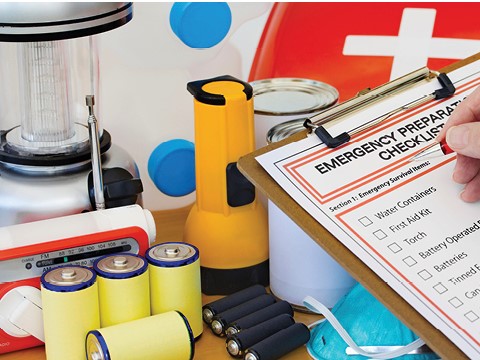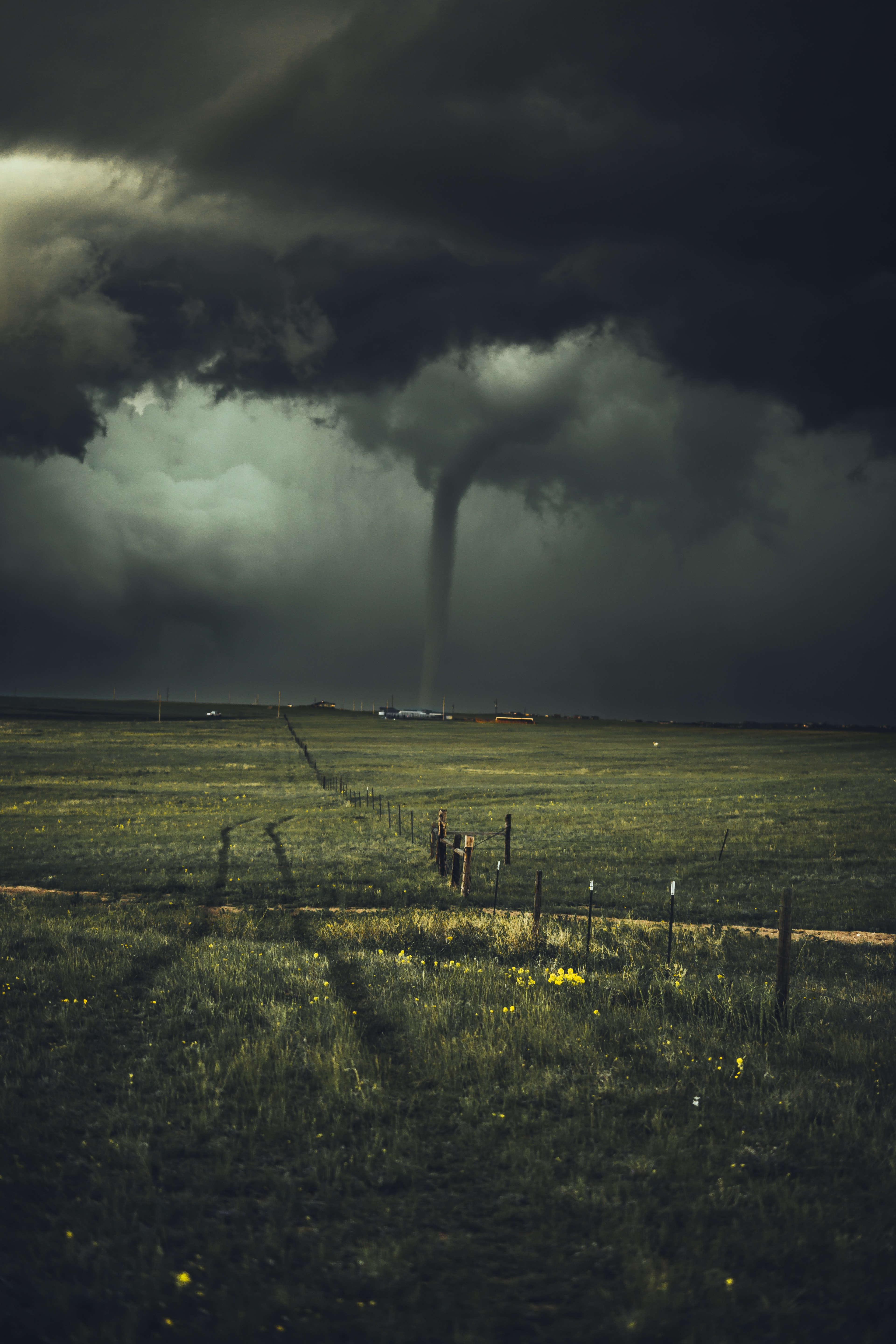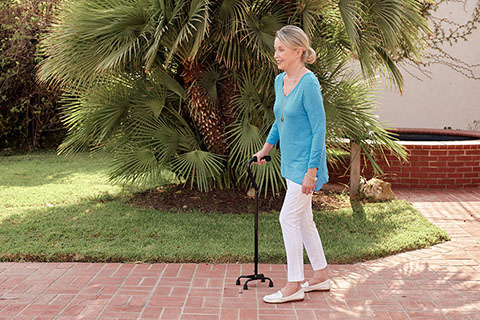Be Ready When Disaster Strikes
Natural disasters, such as floods, tornados, and inclement weather, each have their own sets of challenges, so you need to be prepared.
Floods: Flooding makes it difficult to evacuate and safely traverse roads, which can leave patients stranded and isolated. This can leave patients without the medical care and supplies they require. One proactive solution is to keep a portable emergency medicine pack, containing items such as daily medications and extra inhalers on hand until you can get outside assistance.
Tornados: Tornados often only last a few minutes but can leave long-term devastation in their wake. If you are in a situation where you need to take shelter in a basement or other safe spot, make sure the area is conducive to setting up your respiratory equipment.
Inclement Weather: From severe thunderstorms to snowstorms, the result of these powerful weather events is usually a loss of electricity. If you are left without power for a certain period, having backup oxygen supplies can keep your treatment from being interrupted.



